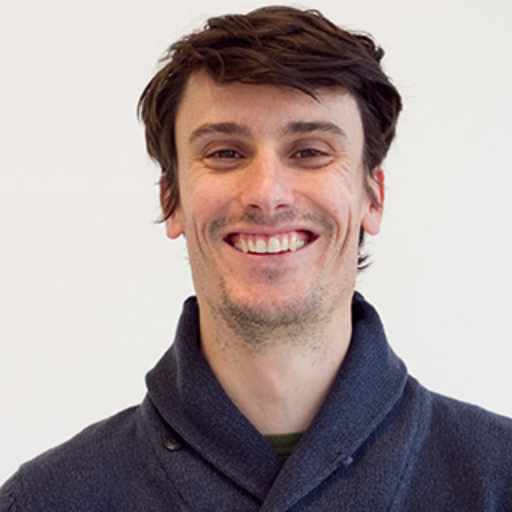
JeromeRobert
PhD
Location
Vancouver, British Columbia, Canada
Current Organization
University of British Columbia
Biography
After completing a bachelor’s degree in general biology and a master’s degree in functional biology at the University of Neuchâtel (Switzerland), in 2009, I joined the Integrative molecular Medicine (ImMED) program at the University of Zurich (Switzerland) for my PhD studies. My PhD training focused on the role of interleukins to regulate high-density lipoprotein (HDL, “good cholesterol”) and its major protein (apoA-I) binding and transport through endothelial cells. In addition, I developed a tissue-engineered artery equivalent with which to investigate low-density lipoprotein (LDL, “bad cholesterol”) uptake and the initiation of atherosclerosis. In September 2013, I joined the laboratory of Cheryl Wellington, PhD, at the University of British Columbia (Canada) as a postdoctoral fellow, where we use tissue engineering techniques to build a physiologically relevant model of the cerebrovasculature.
“Since childhood, I have taken a strong interest in all living things in the world surrounding me, and it was a natural choice to study biology to better understand them. Over the years I specialized in human vascular biology, and I recently joined a group at the University of British Columbia to investigate the influence of the brain vasculature on the development of Alzheimer’s disease.
Over the years of my so-far short scientific career, I have realized that in addition to great ideas, funding is one of, if not the, most important part of the research. With the help of generous donors, foundations such as BrightFocus help make research possible. Through their grants, especially those that go to support postdoctoral fellows, they advance the personal scientific careers of individuals, helping them to develop and flourish, and they also promote the exchange of ideas between universities.
Being awarded this BrightFocus grant represents a unique opportunity for me, and a chance to achieve my personal goal of becoming an independent researcher. I would like to warmly thank the BrightFocus Foundation, as well as all the anonymous donors, that made this funding possible.”
Grants
Alzheimer's Disease Research
High-Density Lipoprotein in Alzheimer's Disease
Active Dates
July 01, 2021 - June 30, 2025

Principal Investigator
Jerome Robert, PhD
Current Organization
University of British Columbia
High-Density Lipoprotein in Alzheimer's Disease
Active Dates
July 01, 2021 - June 30, 2025

Principal Investigator
Jerome Robert, PhD
Current Organization
University of British Columbia
Alzheimer's Disease Research
Development of a Novel Tissue Engineered Model of the Cerebrovasculature
Active Dates
January 01, 2016 - December 31, 2017

Principal Investigator
Jerome Robert, PhD
Current Organization
University of British Columbia
Development of a Novel Tissue Engineered Model of the Cerebrovasculature
Active Dates
January 01, 2016 - December 31, 2017

Principal Investigator
Jerome Robert, PhD
Current Organization
University of British Columbia


